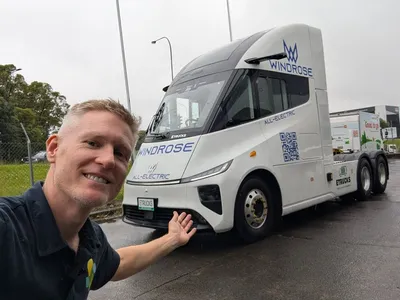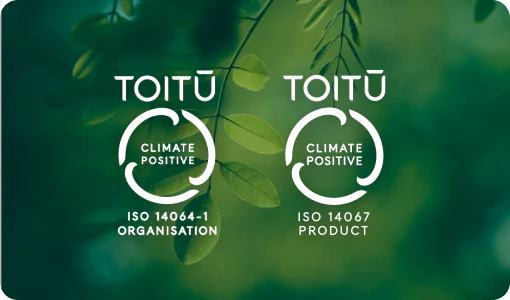What other vehicle options are there outside of electric or gas?
25/03/2019

We like to keep up with the latest tech in the alternative fuel industry and keep our ear to the ground for new ways to curb our reliance on fossil fuels for transport. We’ve compiled this list of some of the different options out there so you can see how many different ways you can get around without using petrol or diesel.
Bicycle
One of the easiest, healthiest, and most fun ways to transport yourself around your neighbourhood is with a bicycle. Many cities – such as Copenhagen and Amsterdam – have embraced the bicycle as a way of life and installed extensive networks of bike paths and bike-specific road signals. You can personalise your bicycle further by adding a trailer to the back to transport your groceries, using a recumbent bike if you struggle with an upright frame, or adding an electric motor to power you up the hills.
Horse
Throughout the majority of human history, most of our long-distance overland travel has been conducted through literal horse-power. Whether in the saddle or from the comfort of a carriage’s footplate, we’ve always relied on these versatile and majestic animals to get us from A to B.
Many people still enjoy riding horses, but of course without the network of hitching stations where your animals can be fed, watered, and changed out for fresh animals, horses are sadly not practical as a transport option any longer.
Biodiesel
Biodiesel is a product manufactured from vegetable oil, animal fats, or recycled restaurant grease, usually mixed with normal diesel fuel to produce a cleaner, more efficient burn. Biodiesel is non-toxic and biodegradable, making it an appealing option if you have the means to make or acquire it. Most vehicles designed to accept normal diesel will also run on biodiesel.
Solar
A solar-powered car drove 2,000 miles across the outback of Australia in 2013, clocking up an average speed of 90kmph. The technology definitely exists, and it has the ability to fuel a car for free with clean energy. The only problem is that the car has to be made of extremely expensive and lightweight materials, and it can only travel during the day until it runs on a battery. Solar-powered cars are probably not the future, but they might have a use one day as commuter cars.
Hydrogen fuel-cells
Many industry experts believe the fuel cell is the future. Hydrogen can be produced cheaply and locally, and can achieve 2-3 times the efficiency of a petrol engine. Small fleets of these vehicles are being tested out, but until there’s a wide network of refuelling stations they won’t gain much traction. There are also safety concerns to iron out about how to prevent the engines exploding in an accident.
Ethanol
This alternative fuel is becoming increasingly common. During the summer in the US it’s even added to gas to cut down on emissions.
Ethanol is an alcohol made from plants – in the US it’s largely made from corn, but in Brazil they make it from sugar cane. Because ethanol can be produced locally it’s being touted as a way of reducing dependence on foreign oil, however there are concerns that farmers growing crops for ethanol production will damage the food supply.
Compressed air
Air is free and abundant, so some people are using it to fuel cars. In these engines, the expansion of compressed air drives the engine’s pistons and makes the vehicle move. However, these vehicles also need an electric motor to perform the task of compressing the air. These electric motors are smaller than those in typical electric cars, and take a much shorter time to charge.
What do you think? Which fuel is the future of transport in New Zealand?







